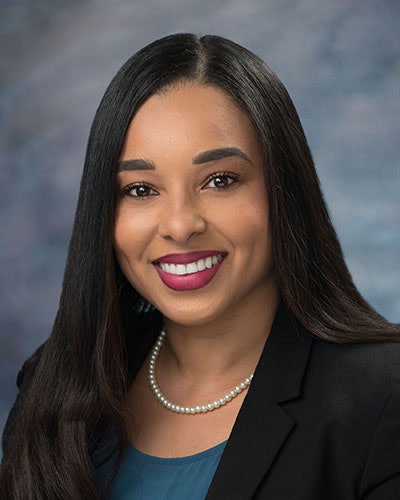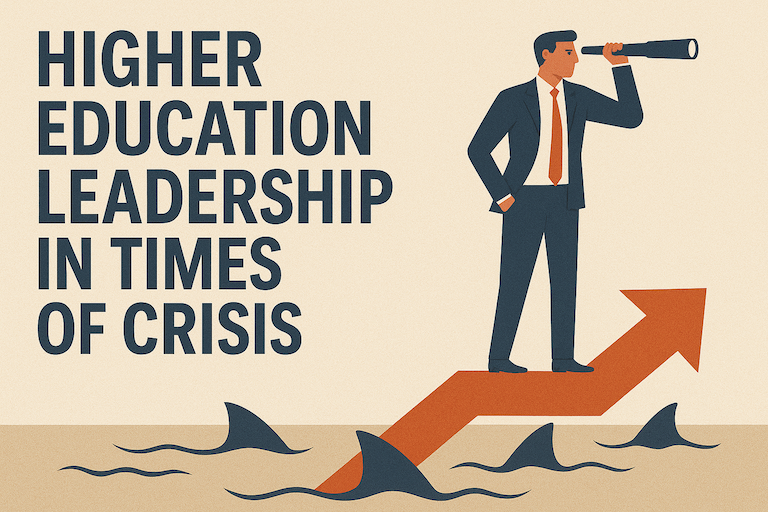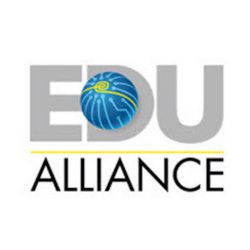- Yesterday, HEPI and Cambridge University Press and Assessment jointly hosted the UK launch of the OECD’s Education at a Glance. You can see the OECD’s slides here.
- Here we publish a response to the OECD from Professor Sir Chris Husbands, who is a former Vice-Chancellor of Sheffield Hallam University and also former Chair of the Teaching Excellence Framework (TEF) Panel. Chris is a Trustee of HEPI and spoke at the launch.
There is one line in the 2025 OECD Education at a Glance report which should be in bright flashing lights for this and all governments. The supporting data is on page 112 of the main report. It is this: Individuals with greater educational attainment generally face a lower risk of unemployment and earn higher wages. Race, gender, deprivation, place, subjects studied all impact outcomes in different ways, but the overall conclusion is clear, and in his HEPI briefing on the report, the OECD’s chief analyst Andreas Schleicher got the summary down to just two words: education pays.
The 2025 OECD Education at a Glance report comes in at 541 pages, and the annual appearance of the report has made it the definitive guide to education system performance and policy dynamics all around the world: in the now familiar graphs of compelling clarity, and crisp text judgements, the OECD team have made themselves indispensable to institutional leaders, policy analysts and decision makers.
This year’s report has a specific focus on tertiary education, which in OECD terms includes, but stretches a bit further than, higher education. There are some familiar and unsurprising themes in the 2025 report, but they are nonetheless important for being set out so clearly. A few key findings stood out for me, all of them speaking clearly to the English and UK policy agendas.
First, advantages are inherited: those who have at least one tertiary-educated parent are more than twice as likely to attain a tertiary qualification than those whose parents have below upper secondary attainment, though the gap is smaller in the UK than elsewhere (p.56).
Secondly, life is getting tougher for those without qualifications: the employment rate for young adults without upper secondary qualifications fell by 6 points since 2019, and by 9 points for men (pp.82-3).
Thirdly, at the same it’s getting better for the better qualified: the nearly one-in-six with a Master’s degree have higher employment rates and earnings than those with an undergraduate degree (p48).
Fourthly, education is losing the battle for public funding as the costs of health, pensions and defence rise: between 2015 and 2022, government spending on education declined from nearly 11% of budgets to just over 10% (p.278).
And fifthly, despite that decline, R&D is strengthening to drive growth and competitiveness. Where it is highest, government drives it: in the UK, Israel and Switzerland, government R&D expenditure is more than twice private expenditure (p.329).
There is more fine-grained analysis about English higher education. England, on the OECD data, is an outlier in important respects.
First: English HE is well-funded by comparison with the OECD, whatever it feels like in the sector just now. The finding is important: total tertiary expenditure per student, including R&D, is $35,000, among the highest in the OECD and 65% above the average (p.327).
Secondly, however, in the UK government tertiary expenditure is $8,000, 48% below the OECD average (p.331). This is a result of high tuition fees: undergraduate fees are three times the OECD average.
The third way in which England is an outlier is that access to higher education and completion rates within it are high – fourteen percentage points above the OECD average (p.246): access to higher education is far more a consequence of maintenance support than fee levels, but high fee levels almost certainly disincentivise non-completion. Finally, while there is a gap between economic returns to science and technology disciplines on the one hand and arts and humanities on the other in all OECD countries, the gap is much higher in the UK than in almost all other countries (p.111).
Putting all this together poses some knotty challenges. England has a successful, relatively accessible higher education system, but one which is very expensive when budgets for education are getting tighter. And this is happening when the economic returns to high levels of qualification are strengthening: masters and doctoral graduates enjoy higher returns than those with undergraduate degrees, while the least qualified face more intense difficulties. These challenges go beyond the voluminous data in Education at a Glance.
First, and painful for English higher education, the challenge is not simply the level of current funding, but funding in relation to what is a high-cost operating and delivery model. That model secures strong results in terms of access for disadvantaged students and high completion rates, but it is relatively inflexible. It’s unclear whether a lower-cost and potentially more flexible operating model would put some of the successes of the English system at risk.
Secondly, it is the economic, social and increasingly political costs of the plight of the lowest attaining young people, and especially young males without qualifications, which is attracting political attention. If money is tight, it’s more likely to go towards that problem, and the London government’s decision to move skills funding into the Department of Work and Pensions appears to be a signal of intent.
These are the leadership challenges which emerge from this year’s report: how to reshape our successful HE system so that its strengths remain, but it can be more responsive and flexible. It needs to adapt to a changing labour market and to a society in which division and inequality are being reinforced with greater ferocity.











